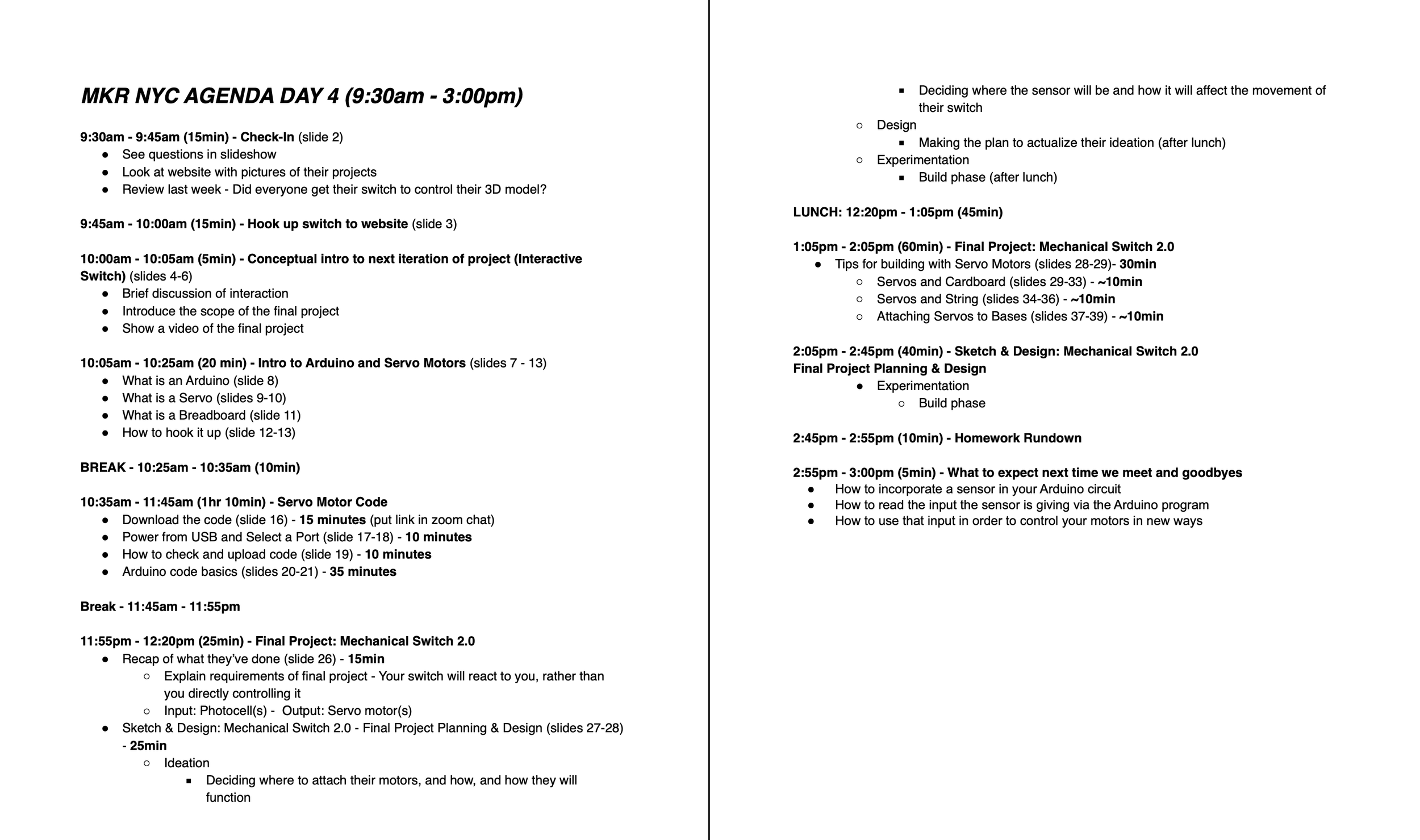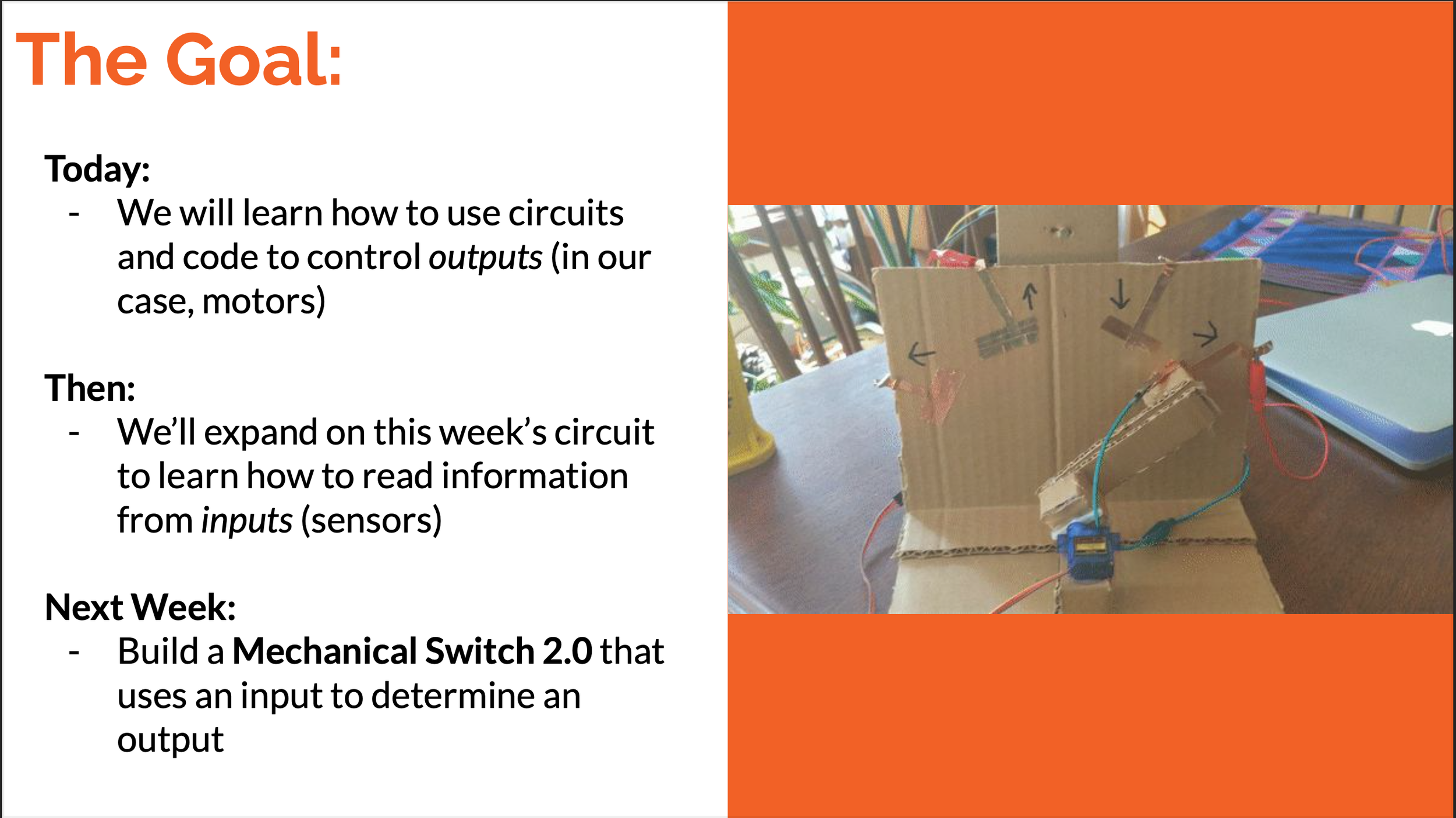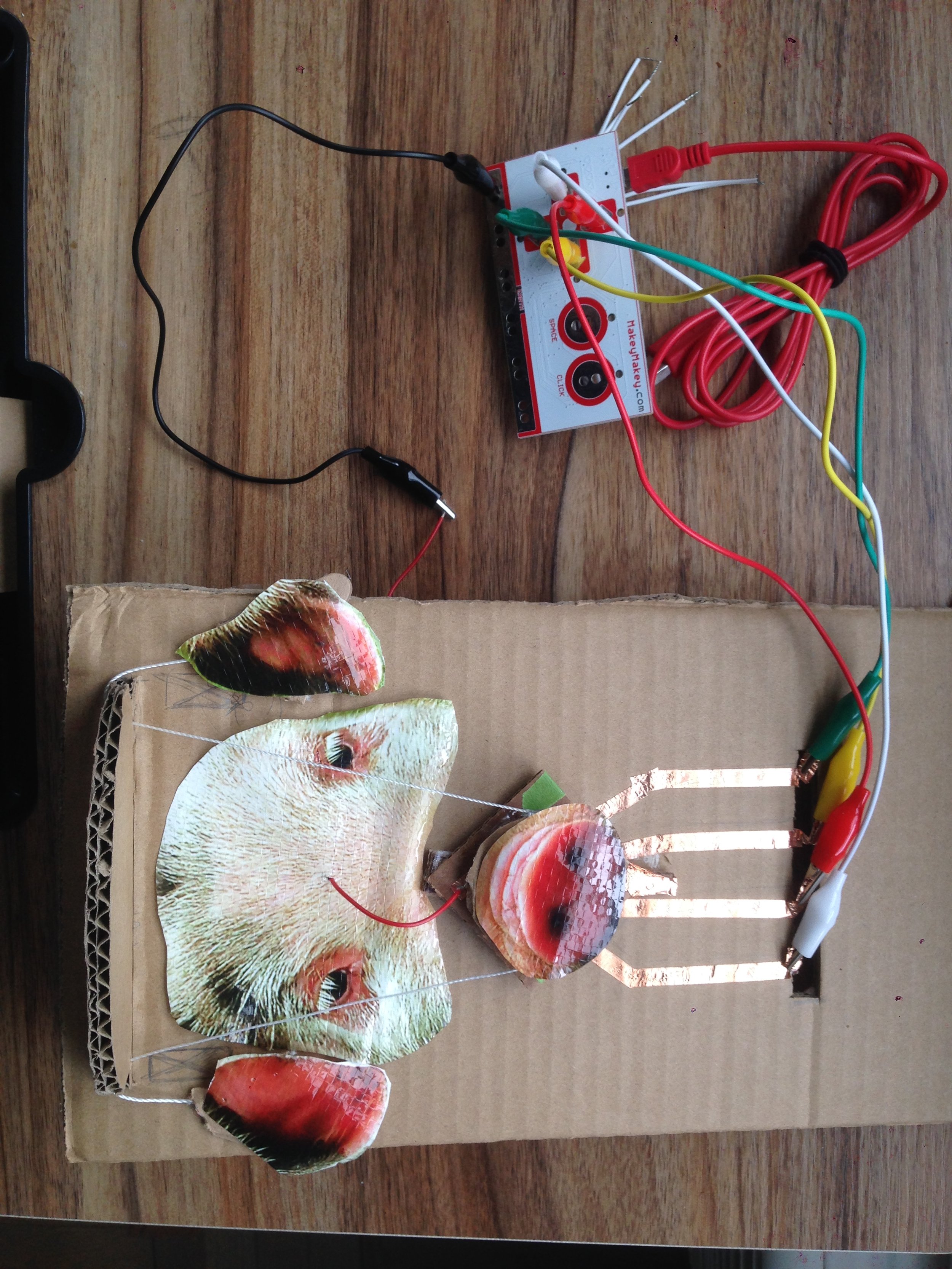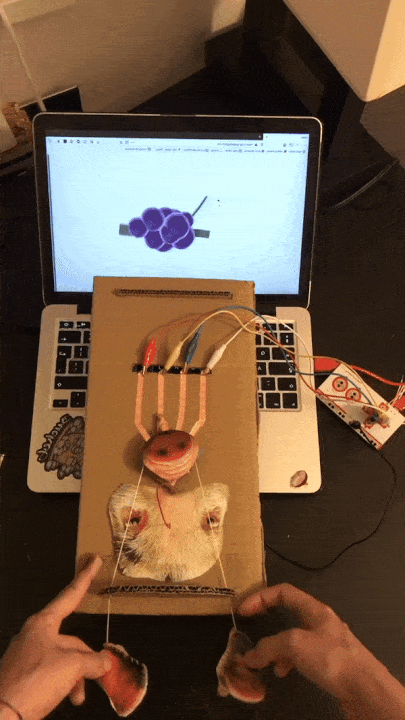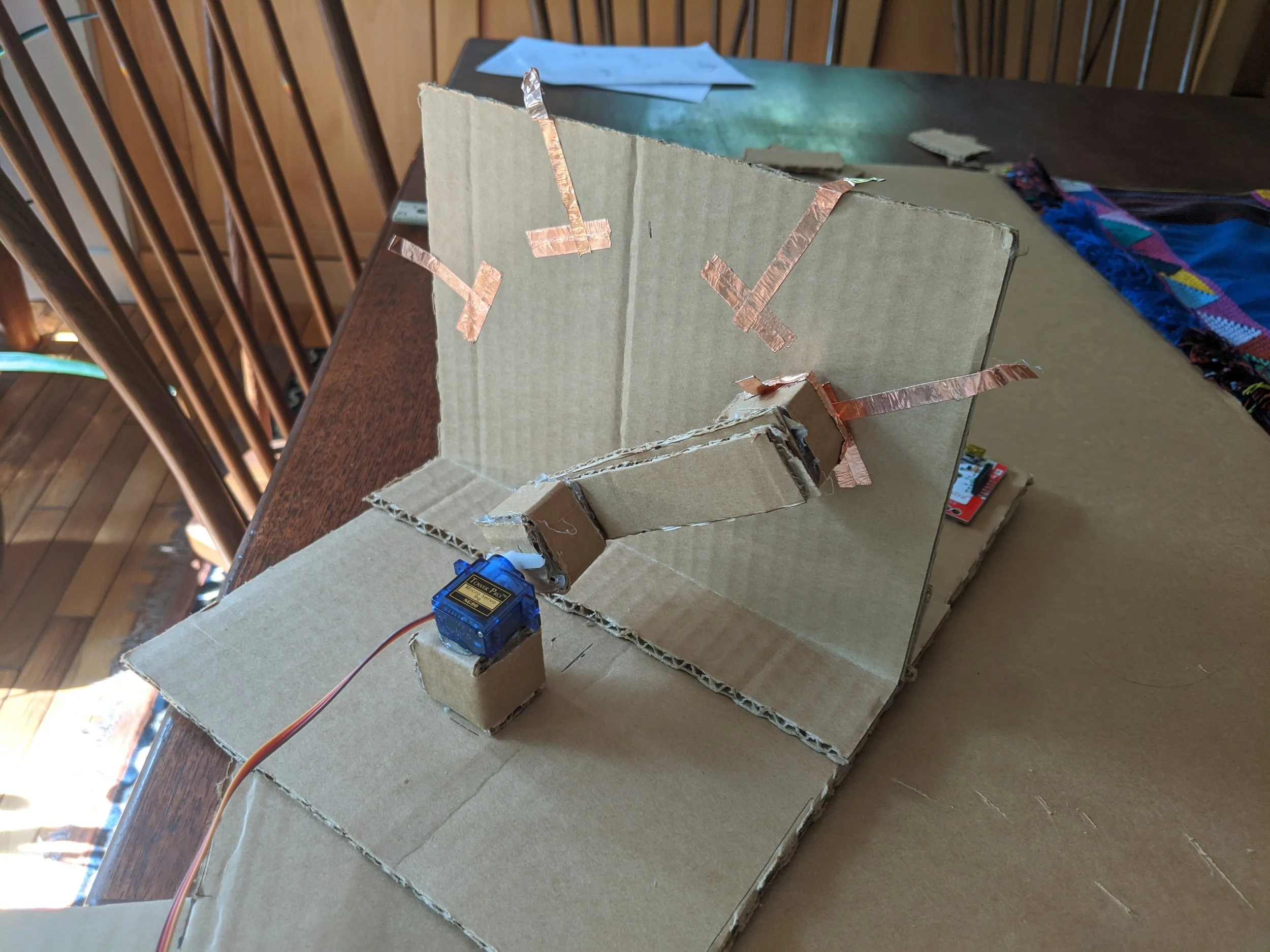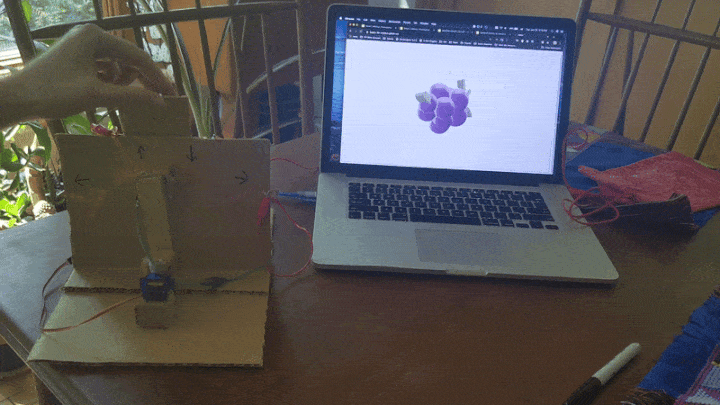MKR NYC
A makerspace training program for NYC teachers designed for remote learning | 2020
(click on lesson plan for a larger version, or click on the sample slide to download the full slide deck)
My Role:
Curriculum Designer - I was part of a four-person team that designed MKR NYC, a makerspace professional development program for NYC teachers. My focus was on curriculum: sequencing the skill progression, co-authoring lesson plans and teacher-facing agendas, developing slide decks and materials lists, and prototyping activities to ensure feasibility. Because makerspace training is typically in-person, I helped reimagine how to scaffold hands-on learning for a remote environment during the Covid-19 pandemic, ensuring that teachers could still engage deeply with building and reflection through mailed kits and structured online sessions.
Program Description:
MKR NYC was a fully designed six-week teacher training program intended to build confidence in makerspace practices and show how to integrate them into classroom teaching. Although it was ultimately cancelled by the DOE due to budget constraints, the curriculum was completed in full, with lesson plans, agendas, materials kits, and slide decks ready for delivery. The sequence guided participants through progressively complex challenges combining cardboard construction, basic circuitry, and digital tools. A central mechanical switch challenge threaded through the program, evolving from simple LED circuits to Makey Makey + TinkerCAD interactions, and eventually to Arduino with sensors, servos, and code remixing. The culminating project connected physical switches with digital 3D objects, blending tangible making with computational thinking.
Design Approach:
The curriculum was designed for adult educators using a sequential approach. Each session introduced a new tool or concept while revisiting and extending prior work, so that teachers experienced scaffolding firsthand. The remote format combined live group sessions for demonstrations and discussion with asynchronous project work, which participants shared back during check-ins. Kits of tools and materials were prepared for mailing to ensure equitable access across participants.
Implementation Plan:
Phase One: Seven Zoom sessions (three full-day, four half-day) covering cardboard construction, circuits, Makey Makey, Tinkercad, and Arduino.
Each session included facilitator notes, participant agendas, and a teacher-facing slide deck.
Assignments blended hands-on building with reflection on pedagogy and classroom adaptation.
Phase Two: Intended as deeper project development and classroom integration (not developed before cancellation).
Planned Program Outcomes:
Teachers would have developed practical skills in circuits, coding, 3D modeling, and iterative prototyping.
Participants would have experienced scaffolded project-based learning while reflecting on its classroom applications.
While never implemented, the program remains a complete, modular resource demonstrating how hands-on making could be taught in remote formats.
Full lesson plans available to view upon request.

